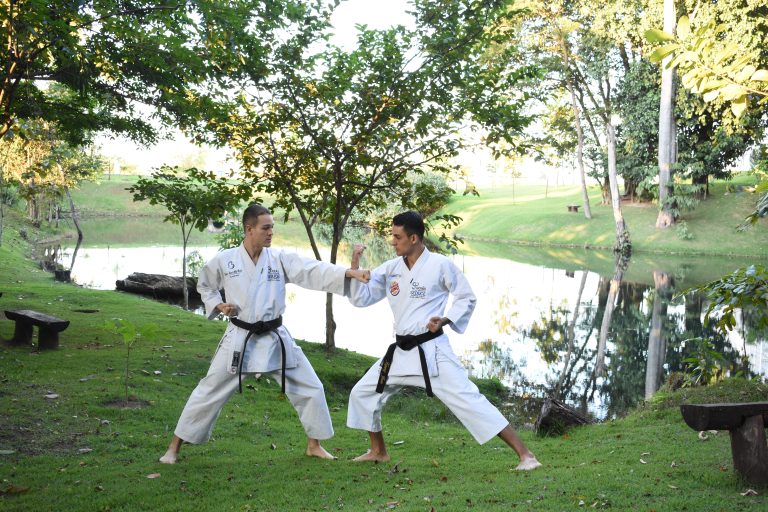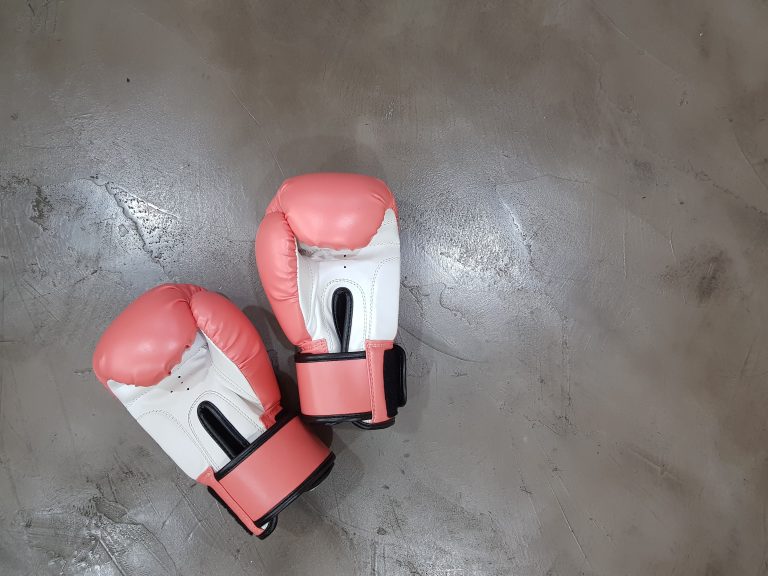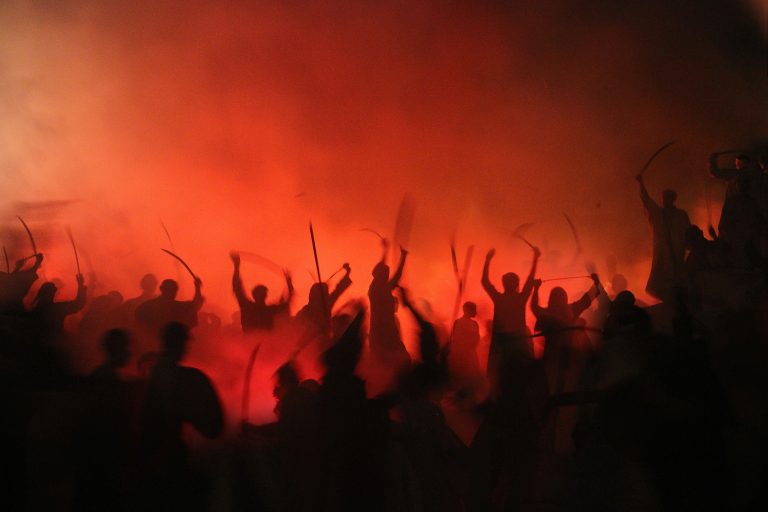Is Karate a Martial Art or Sport?
Karate is often portrayed in popular media and culture as a form of martial art, but the reality is that it’s actually more accurately defined as a form of sport. This distinction can be an important one for practitioners to understand, as it can help guide their training, the types of competitions they participate in, and the types of goals they have for their martial arts practice. So what truly makes karate a sport, and how does it differ from a martial art?
The History of Karate
Karate has its roots in the traditions of Okinawa, a small archipelago south of mainland Japan. The martial art was developed by the island’s inhabitants as a way to defend themselves against their oppressors, the samurai of the Japanese mainland. The unarmed methods of grappling and striking were developed over centuries, beginning with the Chinese martial art styles brought by samurai warriors, and slowly adapting and evolving into the modern martial art that we know it as today.
The idea of karate as a sport, however, was only introduced to the martial art in the 1950s. Japan was starting to rebuild from World War II and Karate popularity was spreading across the country. As a result, karate’s practitioners began adapting the martial art for sport purposes. This included formalizing kata, kumites, and karate tournaments, which incorporated rule-sets and regulations that judged the points of each martial artist’s technique.
The Difference between Martial Arts and Sports
At their core, martial arts and sports are both physical activities that focus on physical training of the body, conditioning and technique. They both involve making use of combinations of rules and strategies to bring about desired results. However, there are some key distinctions between the two activities.
Firstly, martial arts typically focuses on using physical training to develop self-defense skills and promote physical and mental well-being. Sports, on the other hand, focus on competing against an opponent using a specific set of skills you have developed. Martial arts are more concerned with defending yourself or your loved ones and are not necessarily intended for competitive purposes.
Another key difference is that trials and tournaments tend to be more common in sports than in martial arts. As previously mentioned, karate competitive tournaments was only adopted as a way for karate-ka to test their skills against each other in the 1950s. Before that time, karate tournaments were not present or known. By contrast, most sports nowadays have organized official competitive events that have both individual and team competitors vying for medals or recognition.
The Benefits of Sparring
Regardless of whether you classify it as a sport or a martial art, sparring is an essential part of karate, as it provides the opportunity to pit your technical knowledge and skills against an actual opponent. Sparring scenarios are great for putting together all the components of karate you’ve been practicing—you can apply your reflexes, technique, strategy, and mental focus in real time against a living opponent. This experience can teach valuable lessons that can’t be acquired just through training forms and practice.
Additionally, during sparring matches, you will be required to make decisions quickly while under pressure, which is a great way to sharpen your reflexes in a safe environment. You will learn how to properly analyze movements and react accordingly—all without fear of physical injury. Lastly, sparring can also be a great way to build confidence and self-esteem even when you lose a match. It teaches you to take risks in order to achieve success, as well as learn from any mistakes made during each match and try again.
Karate Competitions
Karate competition is organized mostly according to weight classes so that juniors and seniors alike can test their skill against other similar combatants. Amateur competitors participate in matches where they are scored on the power and precision of their techniques. Professional competitors participate in professional bouts where points are awarded for striking or leg sweeps depending on the style they practice.
In addition, many karate organizations hold championships annually or biennially at both a national and international level. Larger tournaments may include events like team challenge that involve multiple competitors participating as part of one squad against other teams. At each event there will also be coordinated kata forms/patterns which demonstrate an individual’s knowledge of basic techniques and skill level.
The Takeaway
Karate is a complex martial art that has evolved over centuries from its origins in Okinawa into a modern form practiced worldwide. Despite its roots in self-defense and its use in popular media culture as such, karate is technically classified as a sport due to its use of rulesets and regulations during competitions. It is important for practitioners to understand this distinction in order to engage in competitions or practice as sport or martial art – both can bring about great benefit for those interested in testing their skills against others in friendly competition. Whether you plan on competing or practicing purely for self-defense and well-being – Karate can offer many great options!
Is Karate a Martial Art or Sport?
Karate is one of the most popular martial arts in the world, but there seems to be confusion about its classification. Some people consider karate a martial art, while others call it a sport. In this blog post, we will explore this topic and answer the most frequently asked questions (FAQs) about karate as a martial art or a sport.
FAQ 1: What is a martial art?
Before discussing whether karate is a martial art or not, let’s first understand what a martial art is. A martial art is a traditional or modern form of combat, usually practiced for self-defense, competition or physical fitness. Martial arts originated in various parts of the world, including Japan, China, Korea, Brazil, and Thailand.
Martial arts have several styles or disciplines, which differ in their techniques, philosophy, and origins. Examples of martial arts include judo, kung fu, taekwondo, jiu-jitsu, and of course, karate.
FAQ 2: What is a sport?
A sport is a physical activity that involves competition between individuals or teams. Sports usually have rules and regulations that participants must follow, and there is often a scoring system to determine the winner.
Examples of sports include football, basketball, baseball, soccer, and many others. Sports can be played at both amateur and professional levels and can be enjoyed for leisure or as a career.
FAQ 3: Is karate a martial art or sport?
Karate is a martial art that originated in Okinawa, Japan, in the late 19th century. It was developed as a means of self-defense, and its techniques were based on traditional Okinawan fighting styles, such as te and tode.
Over time, karate evolved and became more popular, not just as a means of self-defense but also as a competitive sport. In fact, karate became an Olympic sport at the 2020 Tokyo Olympics, where it was added to the Games for the first time.
So, to answer the question, karate is both a martial art and a sport. It is a martial art because it focuses on self-defense techniques and has a long history of traditional practice. It is also a sport because it involves competition between individuals or teams and has rules and regulations that must be followed.
FAQ 4: What are the different styles of karate?
There are several styles of karate, each with its techniques, philosophies, and origins. Some of the most popular styles of karate are:
1. Shotokan: Developed by Gichin Funakoshi, Shotokan karate is one of the most popular styles of karate in the world. It emphasises speed, power, and fluidity of movement.
2. Goju-Ryu: Founded by Chojun Miyagi, Goju-Ryu karate combines hard and soft techniques to create a well-rounded martial art.
3. Shito-Ryu: Created by Kenwa Mabuni, Shito-Ryu karate focuses on mobility, balance, and power in its movements.
4. Wado-Ryu: Developed by Hironori Otsuka, Wado-Ryu karate emphasises evasion and circular movements in its techniques.
FAQ 5: Is it possible to learn karate online?
Learning karate online is possible, but it is not the most effective way to learn. Karate, like any martial art, requires physical training, practice, and guidance from a trained instructor.
Although there are online karate classes and tutorials available, they cannot replace the experience of learning from a qualified instructor in person. The nature of martial arts requires precise technique and form, which is difficult to achieve without personal instruction and corrections from an instructor.
Final Thoughts
Karate is a unique and versatile martial art that has a long history and continues to evolve. It is both a martial art and a sport, and it is essential to understand the difference between the two to appreciate the significance of karate. No matter you are practicing karate for self-defense or sport, always look for a qualified instructor and aim to develop your skills with regular training and practice.
Inhaltsverzeichnis






